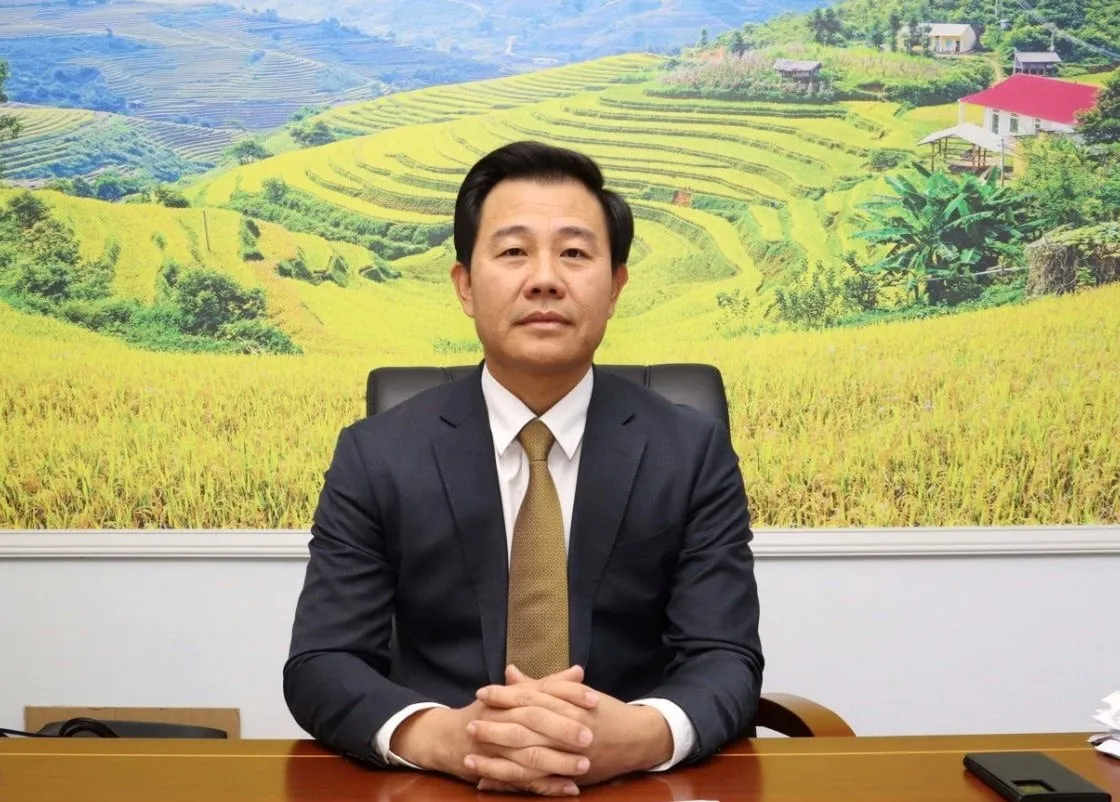Hanoi raises environmental fines to bolster enforcement efforts
The rise in environmental fines is a strategy to encourage compliance and protect the environment.
During its 22nd special session, the Hanoi People’s Council passed a resolution on administrative penalties for environmental violations pursuant to Clause 1, Article 33 of the Capital Law. Considered urgent, the resolution aims to strengthen urban order and enhance environmental governance. In an interview with Hanoimoi, Nguyen Xuan Dai, the director of the Hanoi Department of Agriculture and Environment, discussed the goals of the policy and its anticipated impact.
Why did Hanoi issue a resolution on environmental penalties now?
Environmental protection has long been a top concern for the Party, the state, and Hanoi’s municipal authorities. This concern has grown in light of rapid urbanization and an increasing population, both of which are placing a mounting strain on the city’s environment.
In order to meet the capital's development objectives, it is both timely and essential to introduce a resolution outlining specific administrative penalties. The resolution establishes a legal framework to uphold urban order and protect public resources. It not only punishes violations, but also aims to safeguard natural resources and ensure a livable environment for future generations.
This move reflects a strong institutional commitment to shaping a modern, civilized city where economic progress is pursued in harmony with environmental sustainability. Ultimately, the resolution enhances residents' quality of life and lays the foundation for the capital’s long-term growth.
The resolution was submitted earlier than expected. What is its core element?
The resolution was originally scheduled for debate at the end of 2025. However, due to pressing environmental challenges and strong urging from city leaders, the Department of Agriculture and Environment expedited its preparation. Through close collaboration with relevant departments and agencies, the draft was finished ahead of schedule and submitted for approval at the 22nd special session of the People’s Council in late April.

Nguyen Xuan Dai, Director of the Hanoi Department of Agriculture and Environment. Photo: Hanoimoi
Pursuant to Clause 1, Article 33 of the 2024 Capital Law, the resolution doubles the penalties outlined in Article 46 of Government Decree No. 45/2022 for most violations. This aims to increase deterrence and encourage more responsible environmental practices.
For instance, the fine for installing equipment or pipelines that discharge untreated waste into the environment will now rise to VND120 to 160 million ($4,720 to $6,300) for individuals, up from VND60 to 80 million (around $2,360 to $3,150). For organizations, the fine will increase to VND 240 to 320 million (about $9,440 to $12,600).
The resolution is a timely and necessary measure. By toughening penalties, it strengthens deterrence, reinforces legal authority, and bolsters the city’s environmental protection efforts.
Some have wondered whether this move is intended to generate more revenue for the city. How would you respond?
It’s important to make clear that the primary goal is not to increase revenue, but rather to encourage meaningful behavioral changes. For example, there has been an improvement in compliance with traffic laws since the implementation of Decree No. 168, which toughened penalties in 2024.
All too often, environmental violations either go unaddressed or result in fines that are too low to serve as an effective warning, leading to repeated infractions. Without stronger enforcement measures, the city risks facing long-term consequences, such as environmental degradation and uncontrolled urban sprawl.
We view the environment as a shared resource. Every citizen has a responsibility to help protect it. Delayed action could result in irreversible harm to public health and the capital’s sustainable development.
What steps will your department take to ensure the effective implementation of this resolution?
We will start with a public communication campaign. We will work with local authorities, schools, and civic organizations to raise awareness through community speakers, social media, printed materials, and short videos.
Multidisciplinary inspection teams are being assembled to perform routine checks. The oversight is expected to be firm and transparent, paying particular attention to high-risk zones, such as unauthorized dumping sites and polluted waterways.
Technology is also being integrated to strengthen enforcement. These systems include environmental monitoring, citizen feedback platforms, and centralized data tools, all of which are designed to improve responsiveness and enhance accountability.
Meanwhile, local enforcement units are receiving advanced training and upgraded equipment to enhance their performance in the field.
The city’s decision to raise fines reflects its strong determination to protect the environment. However, achieving real progress depends on the participation of all sectors, including individuals, institutions, and communities working together to make Hanoi cleaner and healthier.
The situation will continue to deteriorate if people see environmental protection as someone else's responsibility. However, if everyone takes simple actions like properly sorting waste, Hanoi can become the clean, green, livable city we all aspire to have.
Thank you for your insights.








